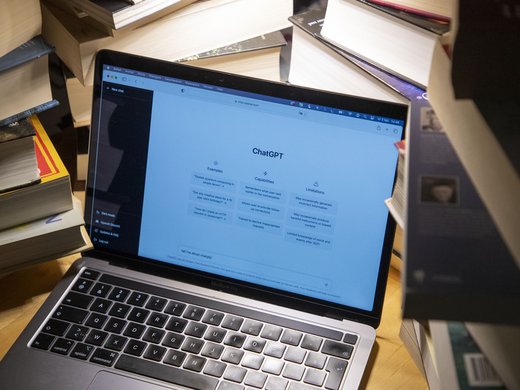The Internet is based upon a technical infrastructure that was designed to be universal and interoperable. This design choice has produced a huge boon. The Internet now generates fantastic levels of economic growth and is commonly employed as a tool of free expression, access to knowledge and social engagement.
As the Internet has spread globally, governments have increasingly turned to using the infrastructure of the network of networks to enact varying policies of control over society. For example, at multiple points since 2008, Pakistan has banned the video sharing site YouTube. Sometimes these attempts have unintended consequences. In their first attempt, the methods employed actually knocked the site offline for most of the world. In another vein, governments around the world are increasingly calling for data localization or data routing requirements, which change the fundamental logic of the system. Right now, data mostly flows in whatever way is most efficient and come to rest for the same reason. Data localization and routing requirements would make geography the determining factor and break this central feature of the network. Many nations, particularly the United States, are also turning to the Domain Name System to enforce intellectual property rights, which has implications for speech and innovation.
All these turns to infrastructure, as Laura DeNardis would call them, have unintended consequences and often impose unnecessary costs upon society. On the final day of the IGF, CIGI organized a panel on the “destabilization of Internet governance” that is resulting from governments messing with the technical nuts and bolts of how things work.
The panel was of a mind that manipulating infrastructure tends to be, to put it mildly, a fairly poor policy choice. At its root, most turns towards infrastructure tend to be a result of the fact that sovereign territory is local and the Internet is global. The consequence is that rules from one jurisdiction, often, but not always, the United States, run headlong into rules from other jurisdictions. The resulting friction impels countries that want to, say, ban online blasphemy and to manipulate the technical infrastructure to do so. Pakistan is again the example here.
The panel discussion coalesced around the idea that the citizen should be placed at the centre of the Internet, leading to questions of what is best for the real user and not what is best for governments or private companies.
Several implications follow from this shift in focus. One is that this emphasis implies that the network needs to be designed with authentication and confidentiality foremost in mind. As Vinton Cerf put it, ‘in the age of the Internet of Things, I do not want the 15 year old next door to have authorized access to my family’s refrigerator.’


